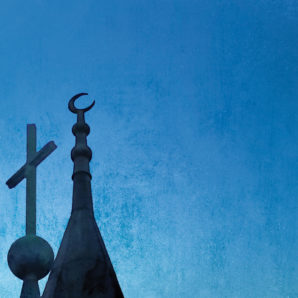
The Human Person and the Human Brain: Some Implications of New Science
The gradual shift toward identifying the human person with capacities of the individual brain raises a number of difficult problems. New scientific discoveries have challenged existing conceptions of the human person and have important implications for bioethics.
Read More →
The gradual shift toward identifying the human person with capacities of the individual brain raises a number of difficult problems. New scientific discoveries have challenged existing conceptions of the human person and have important implications for bioethics.
Read More →